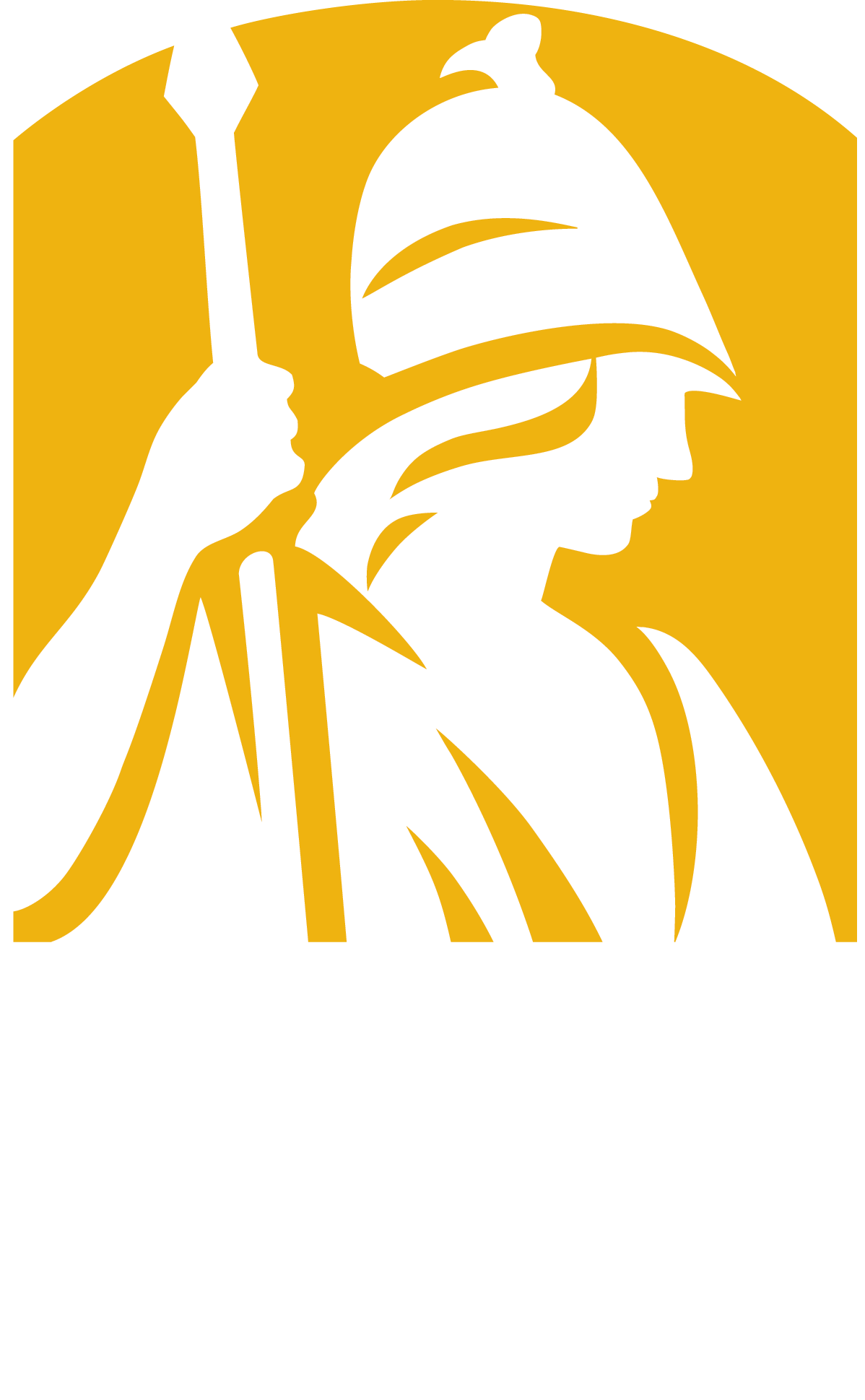Professor Musah and STEM Education
Professor Rabi Musah heads the UAlbany Center for Achievement, Retention and Student Success (CARSS website) which aims to strengthen the U.S. workforce and research sectors and to provide a model program for the nation's higher education institutions, to address dramatic nationwide workforce shortfalls in science, technology, engineering and mathematics (STEM) fields by reversing the problem of the decline in the population of STEM majors. The Center was launched with a $1 million grant from the National Science Foundation (http://www.albany.edu/news/release_4296.shtml).
Although all fields of study have importance, the recent focus and increasing discussion of STEM education in the electronic, broadcast and print media is a consequence of the fact that the number of students in the United States interested in pursuing careers in STEM fields has been declining steadily over the years. Since STEM job opportunities are outpacing the availability of STEM workers, there are current shortfalls in the STEM workforce population, and these are expected to steadily increase. Furthermore, although the decline in interest and/or persistence in STEM education occurs for both women and men, the percentages of women and individuals from various socioeconomic and ethnic categories remain underrepresented in STEM careers. There are many reasons for these continuing trends, but an important question is how this circumstance can be reversed.
CARSS helps to reverse the trend by increasing persistence in STEM courses, which ultimately results in increase graduate rates across all demographics. It utilizes a well-established holistic model to address the specific needs of the target population (i.e. all incoming STEM majors, including transfer students). The most salient features of CARSS program offerings are free and easily accessible peer tutoring in the “gateway” science courses (in biology, chemistry, physics and math germane to these areas), the fostering of a supportive and nurturing environment where students can gain a strong sense of connections with the larger university community, and the establishment of an “on-campus” home and “one-stop-shop” where questions can be answered and information easily acquired. Another of its goals is to extend the academic support services offered at the University at Albany to a larger cohort of students with these majors and assist them in achieving their academic goals.

